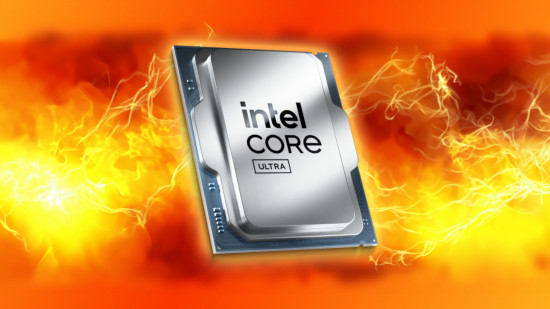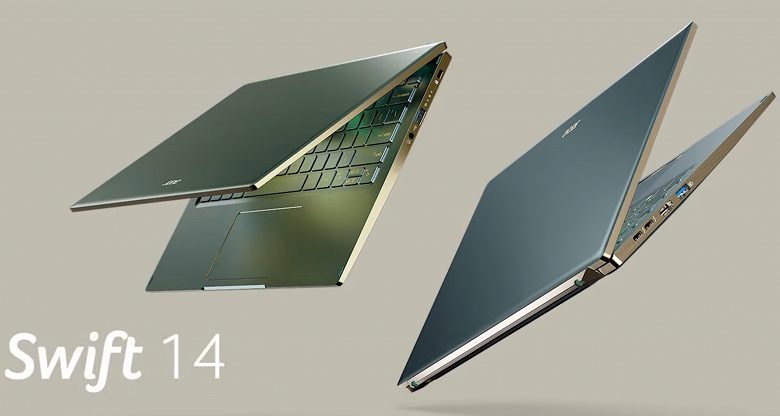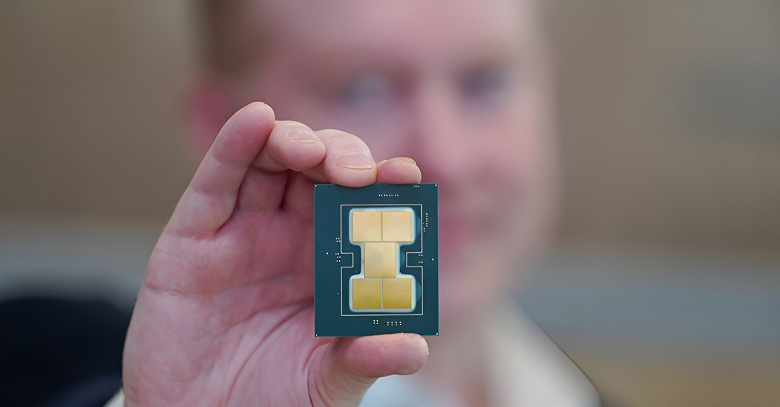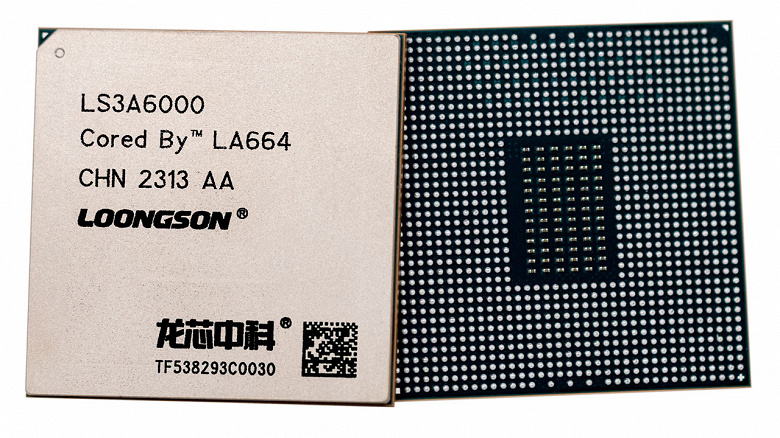Intel will update Tiger Lake-U mobile processors later this year
According to AnandTech, Intel held a recently closed presentation. It announced that it plans to release updated mobile processors of the Tiger Lake-U series for thin laptops later this year. The manufacturer presented the original chips of this series in September last year. The series consists of dual- and quad-core models with a TDP level of 15 to 28 W. The updated processors will be called Tiger Lake Refresh or TGL-R.

Tiger Lake-U processors are built using Intel’s new 10nm SuperFin processors. They are based on Willow Cove cores, offering frequencies from 3.0 to 4.8 GHz. The chips also use the Xe-LP graphics core with 96 execution units operating at frequencies up to 1350 MHz. The platform supports DDR4-3200 and LPDDR4X-4266 RAM.
At the time of the announcement of Tiger Lake-U chips last year, Intel said that they could technically work with LPDDR5-5400 RAM, but until now, such solutions have not yet been found in laptops. Intel did not reveal details about the upcoming Tiger Lake Refresh. However, according to AnandTech, improved support for the new memory standard, along with an optimized SuperFin process, could be one of their key features.
According to the source, full support for LPDDR5-5600 memory will provide a RAM bandwidth of 89.6 GB / s, which is 75% higher than DDR4-3200 and 31% capabilities higher than LPDDR4X-4267. In some scenarios, the performance gained from using the new memory standard will be very noticeable, especially with integrated graphics. On the other hand, the manufacturer can restrict himself to the usual increase in the clock rates in the updated models.
As part of the presentation, the company also noted that only models with a TDP range of 15 to 28 are expected to be updated. In other words, we are not talking about Tiger Lake-H35 processors with a TDP of 35 W, which was presented in January of this year and is intended for use in the composition of thin gaming laptops.







